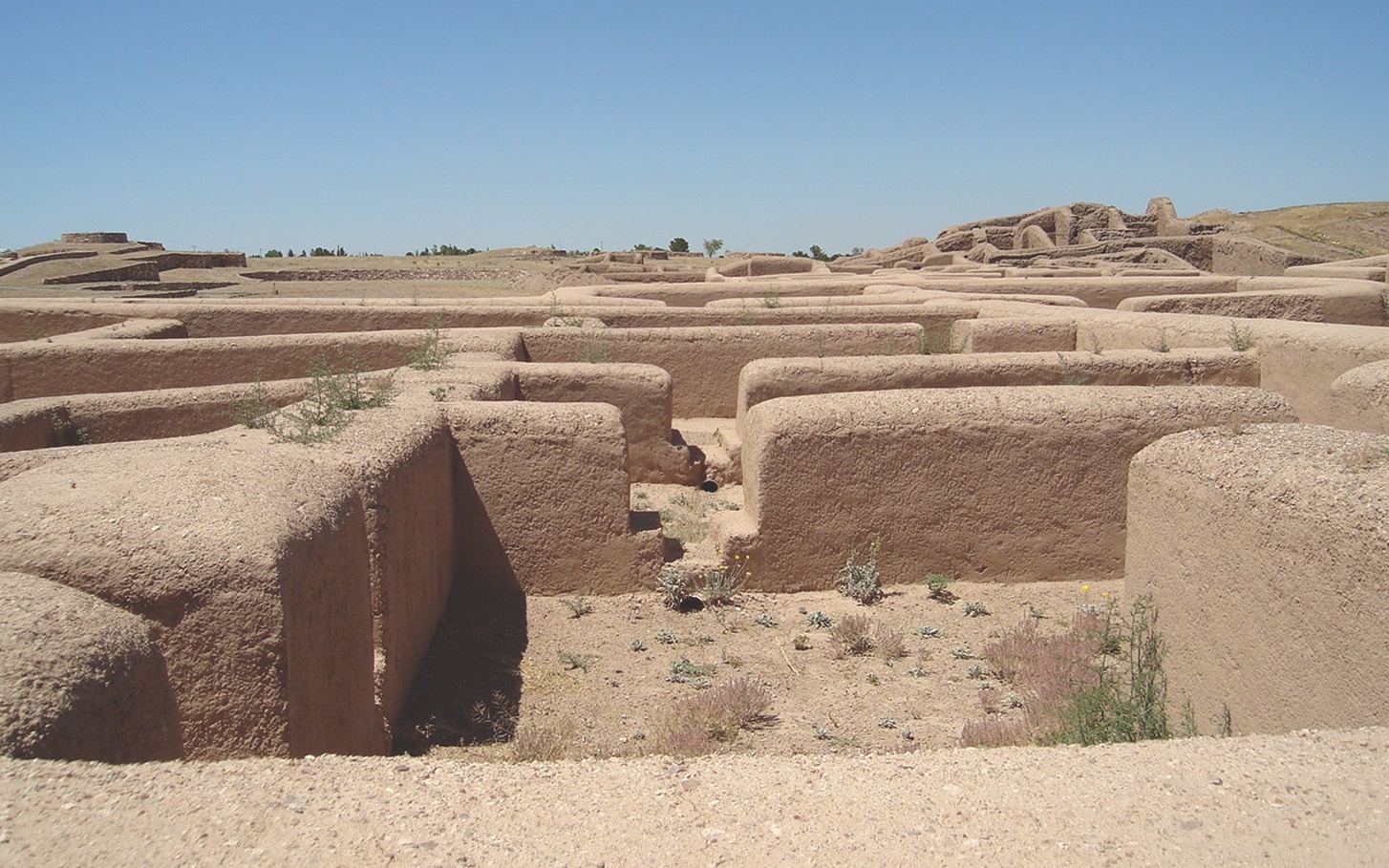- Total News Sources
- 2
- Left
- 0
- Center
- 1
- Right
- 1
- Unrated
- 0
- Last Updated
- 554 days ago
- Bias Distribution
- 50% Center


Child Sacrifice Reveals Elite Inbreeding in Paquimé
Recent DNA analysis of a child burial at the pre-Columbian site of Paquimé in northern Mexico reveals that the child, who was likely ritualistically sacrificed, was the offspring of closely related elite parents, possibly half-siblings. This finding sheds light on the social hierarchy and inbreeding practices among the elite of the Mogollon culture during the 13th and 14th centuries. The child, aged two to five at the time of death, was interred in the 'House of the Well,' a significant ceremonial structure associated with elite burial practices. The study, led by Dr. Jakob Sedig and published in the journal Antiquity, highlights the high levels of homozygosity found in the child's DNA, indicating a close familial relationship among the parents. Researchers continue to explore the implications of these findings for understanding the sociopolitical dynamics and ritual practices of the Paquimé community. This research contributes to a growing body of knowledge about the ancient site, which served as a major cultural center before its mysterious abandonment in the mid-15th century.


- Total News Sources
- 2
- Left
- 0
- Center
- 1
- Right
- 1
- Unrated
- 0
- Last Updated
- 554 days ago
- Bias Distribution
- 50% Center
Stay in the know
Get the latest news, exclusive insights, and curated content delivered straight to your inbox.

Gift Subscriptions
The perfect gift for understanding
news from all angles.
